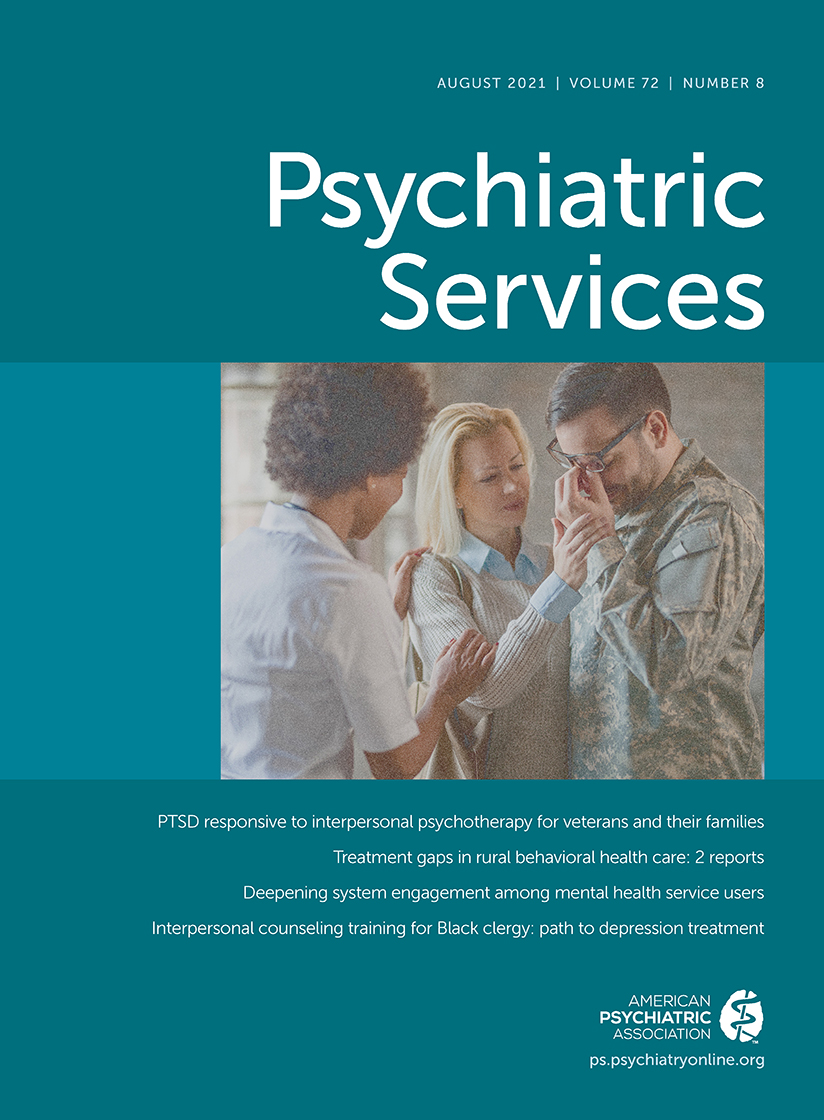Reconceptualizing Recovery: Integrating Lived Experience Perspectives Into Traditional Eating Disorder Recovery Frameworks
Abstract
Eating disorder recovery has long been conceptualized as comprising the domains of weight, behaviors, and thoughts. Criteria for these domains are generally absolute (e.g., no specified behaviors in a set time frame) and determined by researchers and/or clinicians. This Open Forum draws on the knowledge of experts with lived experience to situate their perspectives against existing models of eating disorder recovery. Definitions of eating disorder recovery could be improved by deemphasizing a single weight target in recovery and acknowledging the nonlinear nature of thoughts and behaviors. The authors provide examples of ways that clinicians and researchers can integrate these improvements into their practice.



